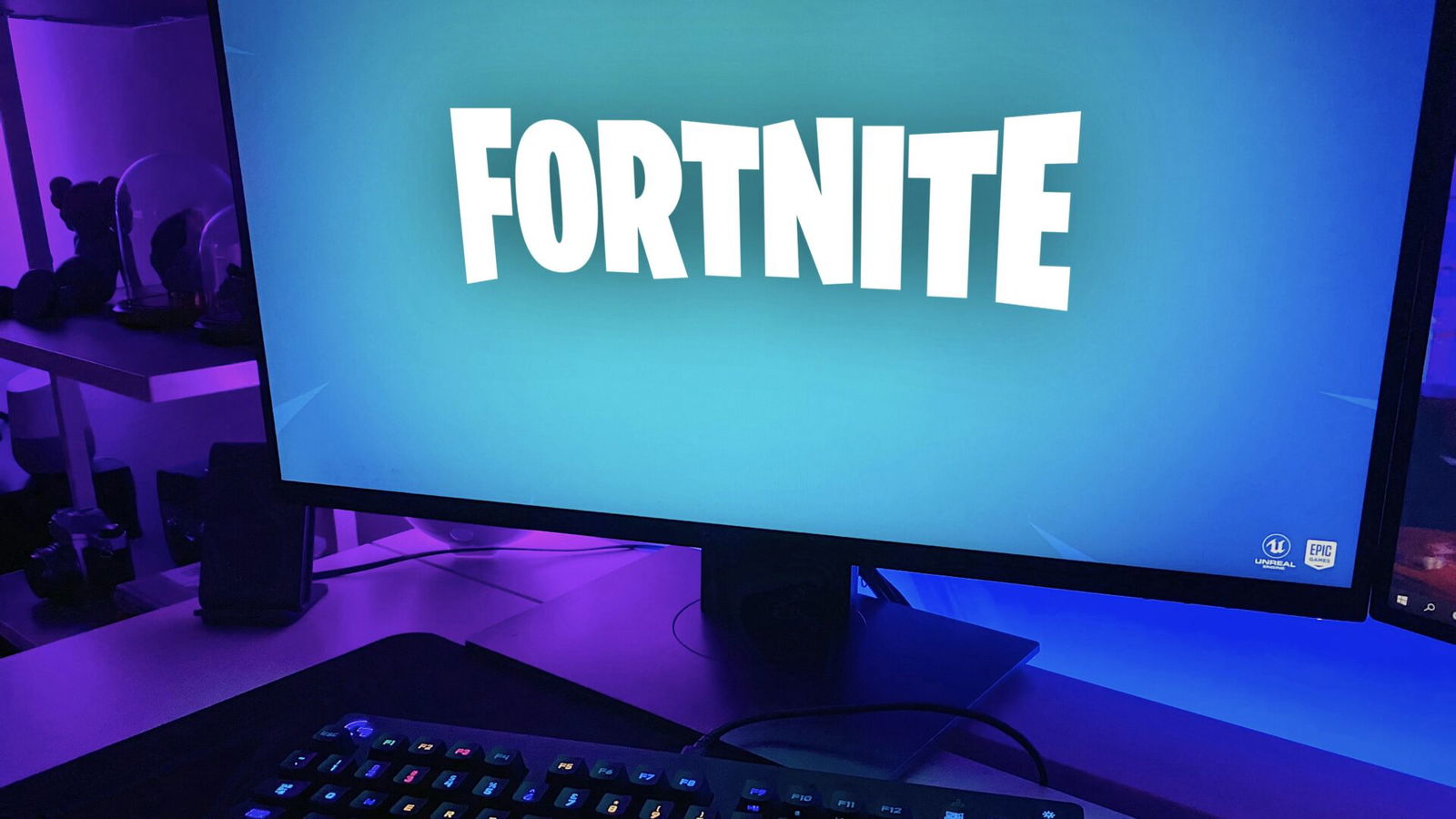
By Gavin Boyle
After winning a five-year legal battle with Apple, Fortnite has officially returned to the App Store in America, allowing U.S.-based players to download the game for the first time since 2020..
“Fortnite is BACK on the App Store in the U.S. on iPhones and iPads… and on the Epic Games Store and AltStore in the E.U!,” Fortnite creator Epic Games posted on X. “It’ll show up in Search soon!”
Related: Epic Games Wins Legal Battle, and Fortnite Returns to App Store
The return to the App Store comes after a judge ruled in favor of Epic Games over a dispute with Apple about how Fortnite could be monetized. Previously, Apple has taken a cut of all purchases performed on players’ devices, even when they did not take place through the App Store’s platform. To protest this unfair practice, Epic Games removed Fortnite from the App Store and launched an anti-competitive lawsuit against Apple, which it won in May.
“This is an injunction, not a negotiation. There are no do-overs once a party willfully disregards a court order,” the ruling stated, per Variety. “Time is of the essence. The Court will not tolerate further delays. As previously ordered, Apple will not impede competition. The Court enjoins Apple from implementing its new anticompetitive acts to avoid compliance with the Injunction. Effective immediately Apple will no longer impede developers’ ability to communicate with users nor will they levy or impose a new commission on off-app purchases.”
“NO FEES on web transactions. Game over for the Apple Tax,” Epic Games CEO Tim Sweeney added after the ruling was announced. “Apple’s 15-30% junk fees are now just as dead here in the United States of America as they are in Europe under the Digital Markets Act. Unlawful here, unlawful there.”
While the ruling has a major impact on Epic Games — allowing them to return Fortnite to the App Store and fully monetize the product — it will have major repercussions for many other companies as well, allowing them to earn more profit from users accessing their product on Apple devices. A company like Spotify, for example, can now have their Apple users subscribe through a web-based platform and take the full profit, rather than sharing with Apple.
Some companies had even been charging more for Apple users to help pay the company’s fee. Streaming platform Twitch, for example, charged Apple users $6 per month to subscribe to a streamer, despite subscriptions only costing $5 everywhere else. The extra dollar was used to pay Apple’s cut, still providing Twitch with the normal $5. This practice can now change thanks to the lawsuit.
As this change reverberates through the industry, hopefully these companies choose to pass on some of the savings to the consumers, rather than fully enjoy the extra profit without splitting any with their users.
Read Next: What Made Fortnite’s Return to Apple App Store Possible?
Questions or comments? Please write to us here.


 – Content:
– Content: 
